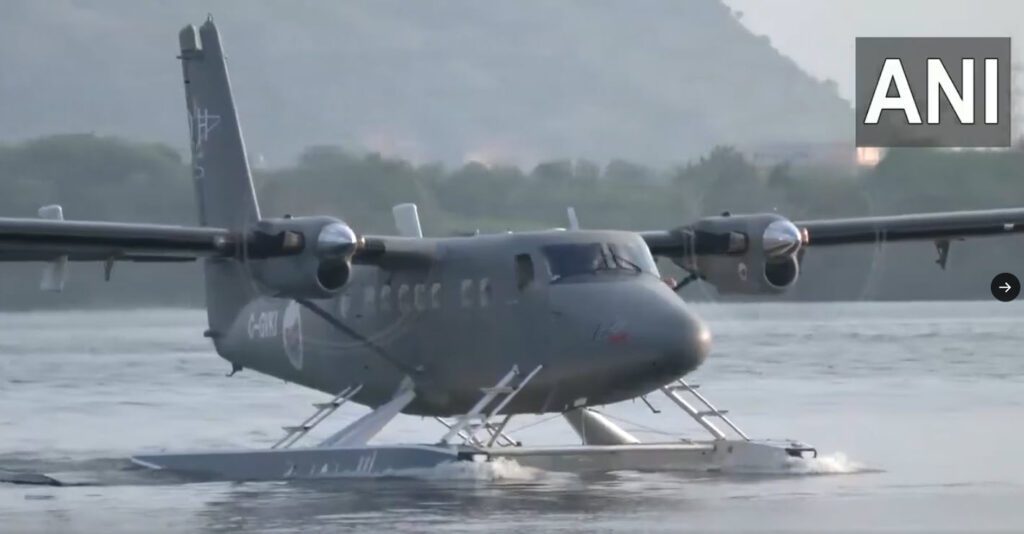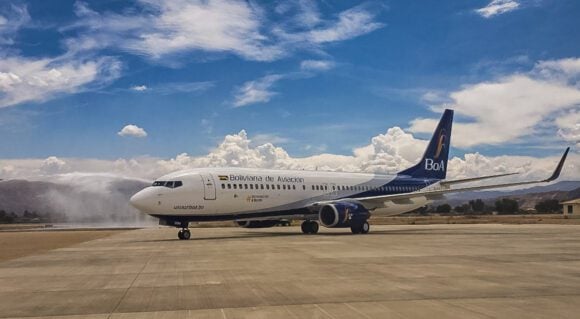
Twin Otter India
SpiceJet announced plans to launch seaplane operations in 2025, connecting some of India’s most remote and picturesque locations. This will be the Delhi-based low-cost airline’s third attempt to venture into seaplane operations.
In 2017, the airline signed a Memorandum of Understanding with Japan’s Setouchi Holdings to operate 10—and 14-seater amphibious planes on land. For the following year or so, SpiceJet was to study the commercial viability of using amphibious planes that can take off and land from short, unimproved strips of land as well as water bodies. If the authorities approve, the airline might order over 100 such planes by October 2018.
The airline’s Chairman and Managing Director, Ajay Singh, announced its latest venture into seaplane operations on November 9, when a demonstration flight from Prakasam Barrage in Vijayawada to Srisailam Dam took to the skies. The Andhra Pradesh Chief Minister, N. Chandrababu Naidu, and the Union Minister of Civil Aviation, K. Rammohan Naidu, were present at the demonstration.

This time, SpiceJet partnered in seaplane trials across multiple locations, providing crucial engineering, technical, and logistical support to De Havilland. SpiceJet has rights to operate seaplane services on 20 routes, including Lakshadweep, Hyderabad, Guwahati, and Shillong. The airline prepares to roll out connectivity across key routes as the infrastructure becomes ready. De Havilland Canada has focused on the Indian opportunity since last year.
On the occasion, Mr Singh said, “Seaplanes have the potential to transform India’s regional connectivity, opening up access to some of the most stunning, yet remote, parts of the country. We are taking concrete steps to bring seaplane operations to life in India once again. We are excited to help drive this initiative forward, partnering closely with the government and civil aviation authorities to ensure these services become a reality and a success.”

Avani Singh, CEO Spice Shuttle, added, “Our journey in regional connectivity has been a purposeful one, rooted in the belief that everyone, no matter how remote, deserves access to affordable and efficient air travel, and today, we are excited to be at the forefront of seaplane operations in India. Seaplanes can be a true game-changer for a country like ours, where diverse geographies—coastlines, islands, and riverine regions—often present infrastructure challenges. With seaplanes, we can transcend these barriers and bring the joy and benefits of connectivity to coastal areas, islands, and remote inland destinations,” she added.
SpiceJet pioneered India’s first scheduled seaplane service in October 2020, linking the Sabarmati Riverfront in Ahmedabad to the Statue of Unity in Kevadia, Gujarat. Although paused due to COVID-19, the airline is again ready to spearhead this ambitious project, echoing its commitment to inclusive growth under the government’s Regional Connectivity Scheme.
Views: 78




